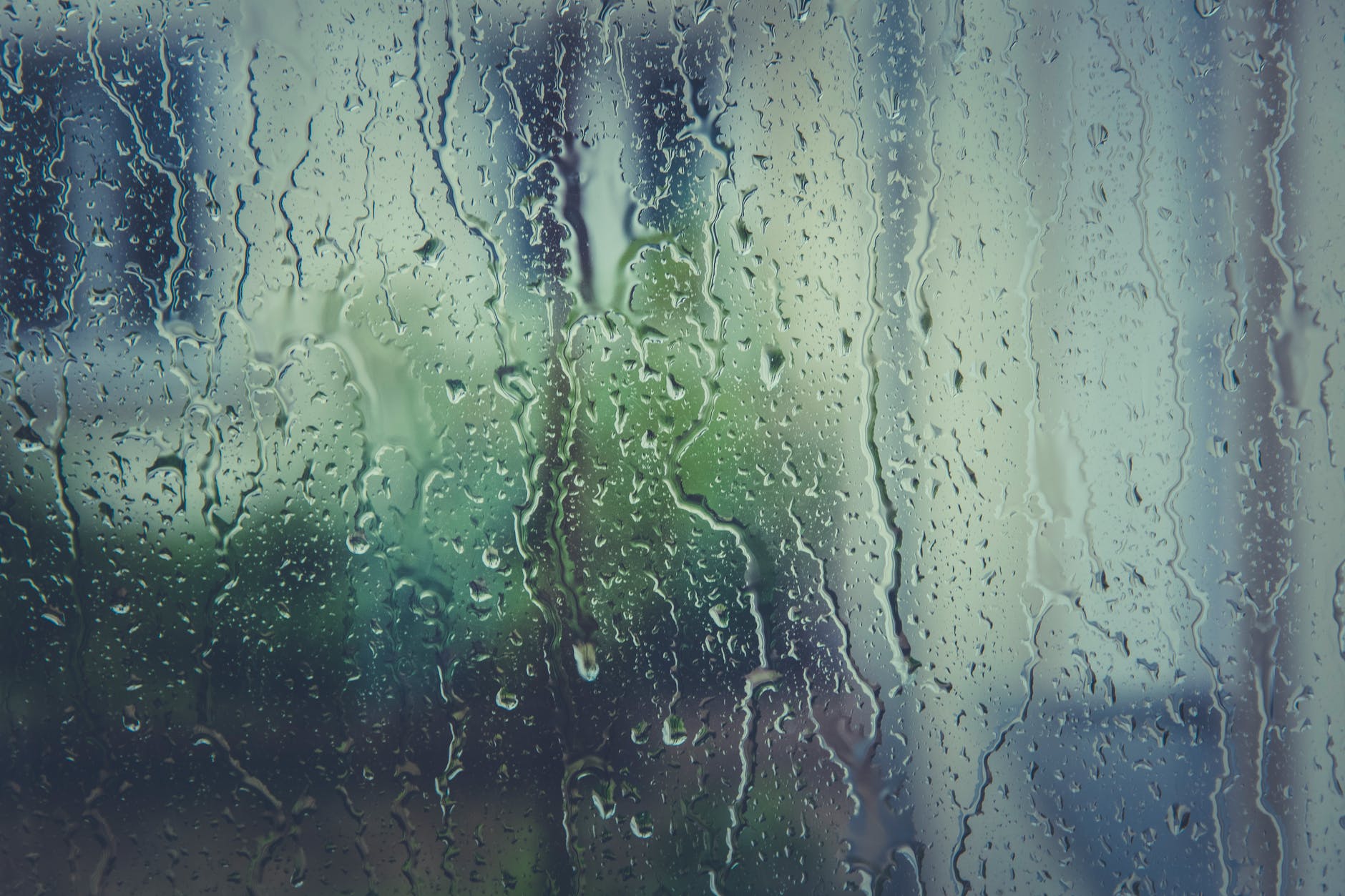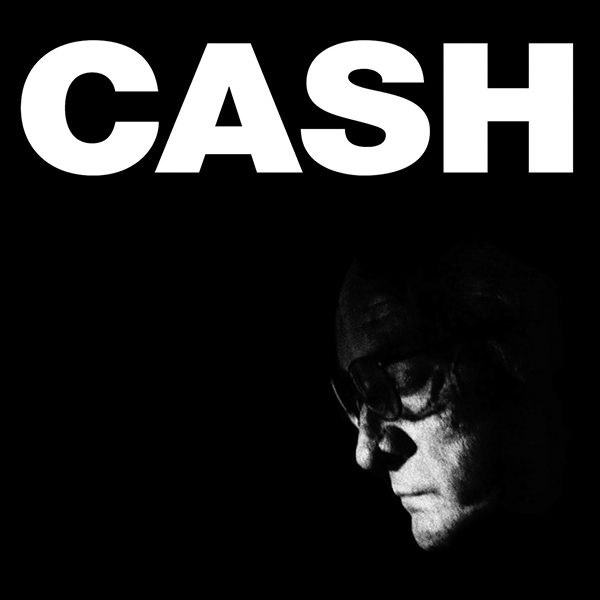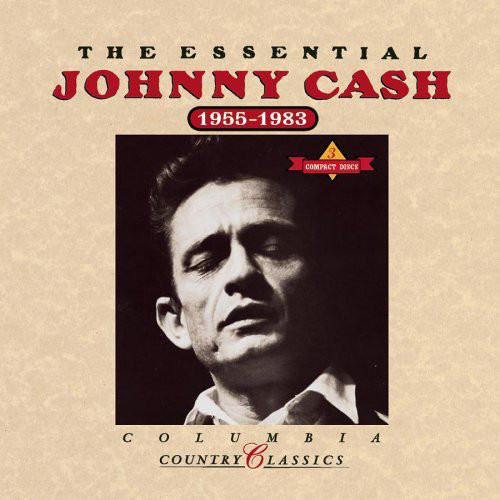It’s Saturday and the sky has finally opened up over Durham. After a really good deluge this morning, it’s dreary, drizzly and a perfect day to stay in and listen to records. To make the most of it, you have to choose the right music for the mood. Lucky for you, I’ve got five suggestions that go perfectly with watching it rain while nursing a cup of coffee on Saturday morning.
Hollywood Town Hall by The Jayhawks
One of my top 100, Hollywood Town Hall is a perfect album for a rainy day with its downbeat masterpieces and lush melodies. “Crowded in the Wings” is always a welcome tune, but it hits different when the weather is overcast and glum. The guitar that closes out the song has a country blues feel that just doesn’t match a well-lit sunny day.
And the album is full of rainy day imagery. “Waiting For The Sun,” “Clouds,” and “Settled Down Like Rain,” are all perfect for cloudy skies and staying inside.
Fumbling Towards Ecstasy by Sarah McLachlan
One word to describe Fumbling Towards Ecstasy? Mesmerizing. McLachlan’s voice has a siren-like call that cannot be denied. The songs on Fumbling have an ethereal quality that allows McLachlan to wrap you in her voice and offer you shelter. They’re the kind of songs you have to close your eyes and just feel the waves crash over while feeling every note.
Slow, sensual and sleepy, Fumbling Towards Ecstasy is like the welcome memories of quiet times spent with good friends. It’s equal parts longing and fulfillment, and demands the listener slow down and be present in this moment. As she sings in “Elsewhere,” the album befits a quiet day, “the time and in-between, the calm inside me, in the space where I can breathe…this is heaven to no one else but me, and I’ll defend it as long as I can.”
If you’re the type to cherish a rainy day, Fumbling Towards Ecstasy is there to help you defend it as long as you can.
The Universe Smiles Upon You by Khruangbin
Khruangbin‘s 2015 full-length debut, The Universe Smiles Upon You, is captivating. The album is a mostly instrumental fusion of global music from Thai funk to psychedelia, dub, soul, rock, and much more. “The Man Who Took My Sunglasses,” gifts us some languid surf-toned guitar over a slow-cooking soul base (and bass).
“White Gloves” and “People Everywhere (Still Alive)” break out some background vocals that are just enough to hum along to without overpowering the peaceful, easy feeling that serves as a foundation for the entire album. A little wah-wah guitar supports “August Twelve” and turns up the heat, but never quite gets so heated that it ruins the overall vibe of the LP.
American VI: Ain’t No Grave by Johnny Cash
Released in 2010, but recorded in 2003 shortly before Cash’s death as part of the American sessions with Rick Rubin, Ain’t No Grave is a bittersweet and beautiful selection of Cash recordings. It almost feels sacrilegious to put any of Cash’s American series on the stereo without giving them full attention. This isn’t background music, this is The Man in Black handing down the wisdom of the ages and you best pay attention.
Even as Cash was counting his days, his grappling with mortality feels redemptive and not at all maudlin. Even though I don’t share Cash’s faith, it comes through clearly and sweetly in these songs.
Mostly composed of covers (excepting Cash’s “I Corinthians 15:55”), American VI is a sparse affair. Mostly Cash’s voice, guitar and some piano and other touches, it’s a perfect accompaniment to staying indoors and pondering life.
Disintegration by The Cure
Another entry in my top 100 albums, Disintegration is the ultimate rainy day album. Glacial, majestic and masterful, Disintegration is a minor-key masterpiece that feels like storm clouds gathering.
“The Same Deep Water as You,” might even be a little too on the nose, starting with muted thunder and the sound of rain. But, for my money, it’s just what you need to fully embrace the weather. And who listens to The Cure when it’s sunny out, anyway?
On the off chance you’ve stumbled on this post and haven’t listened to Disintegration in its entirety, you need to stop and go do so immediately. Or at least the next time you’re gifted with a thunderstorm and some time to truly enjoy music.
What’s your rainy day music?
I’m always eager to hear what other people enjoy listening to. If you have rainy day albums you can’t live without, or just rainy day songs, drop me a comment and share.





